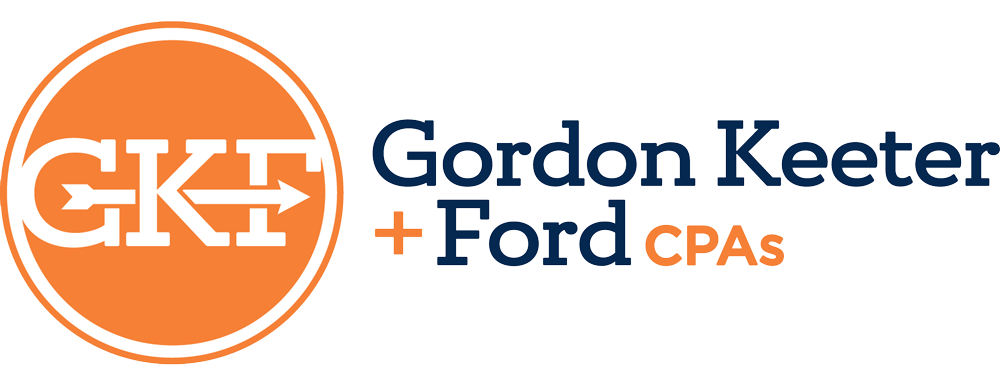Charitable contributions of any amount are not deductible unless you have a proper receipt. Proper receipt defined: A proper receipt consist of a receipt, letter or other written communication from the charity showing the name of the charity, the date and the amount of the contribution. If you received goods or services in return for the contribution, the receipt must include a description and an estimate of the value of the goods or services received in return for the contribution. If the goods or services received consist solely of intangible religious benefits, the receipt must include a statement to that effect. The receipt must be obtained by the date the return is filed, including extensions. There have been recent court cases where the courts have disallowed significant deductions for charitable contributions where the taxpayers did not have a proper documentation. Please be sure to keep the records indicated below for future donations so you can deduct them in years when you itemize.
Contributions Made in Cash: The law requires that you have a proper receipt (see above) documenting all charitable contributions made in cash. Cash donations without a receipt are NOT deductible.
Contributions Made by Check, Debit Card, or Charge Card or by Phone or Text message: For charitable contributions made by check, the law requires that you either have a receipt or a copy of the cancelled check, or some other bank record (e.g., a bank statement). For contributions made by debit card or by charge card, you are required to either have a proper receipt or a bank record (e.g., a bank statement, credit card statement, etc.). For contributions made by phone or text message, you are required to either have a proper receipt or a telephone bill showing the name, date and amount of the contribution made. Please see additional requirements below if the contribution is $250 or more.
Contributions of $250 or More per Charitable Gift: For all charitable contributions by individuals of $250 or more (contributions of cash, by check, by debit or credit card, by phone or text message, or payroll deduction), the law requires a proper receipt from the charity.
Contributions by Payroll Deductions: if you make a contribution by payroll deduction, you must keep a pay stub, Form W-2 or other document provided by your employer showing date and amount, and you must keep a pledge card or other document prepared by the qualified organization showing the name of the organization. If your employer withheld $250 or more from a single paycheck you must also have a proper receipt.
Contributions of Vehicles, Boats, Or Airplanes of More than $500: If you are claiming a deduction of more than $500 for a vehicle, a boat, or an airplane you contributed to charity, the law requires that you obtain a Form 1098-C or other written acknowledgement containing the same information shown on Form 1098-C from the charity in order to deduct your contribution.
Contributions of Clothing or Household Items: Generally, a deduction is not allowed for a charitable contribution of clothing or household items unless the items are in good used condition or better. Household items generally include furniture, furnishings, electronics, appliances, linens, and other similar items. For donations of this type, the law requires a receipt (written acknowledgement) from the charity stating the name and address of the charity, and a description of the item(s) donated. It must also state whether goods or services were received in return for the contribution.
